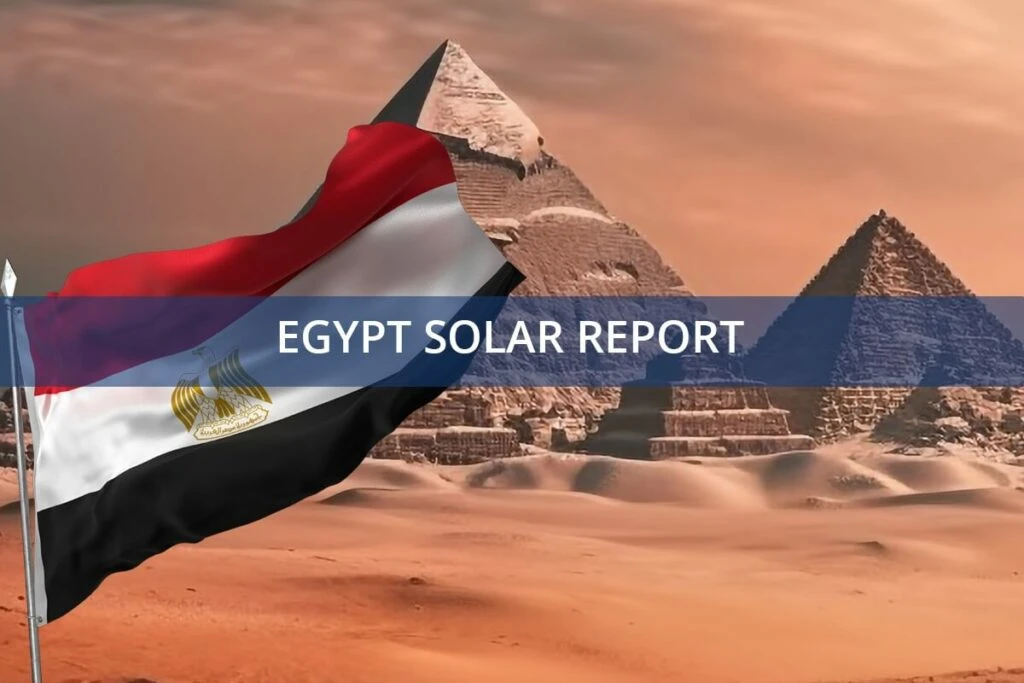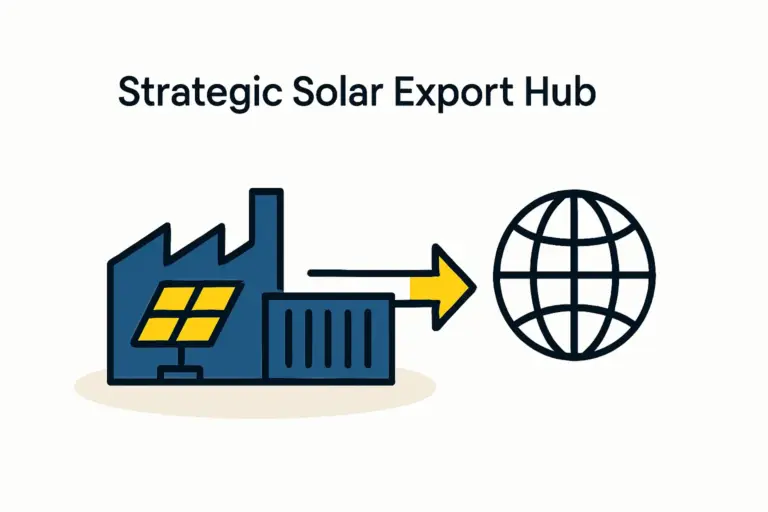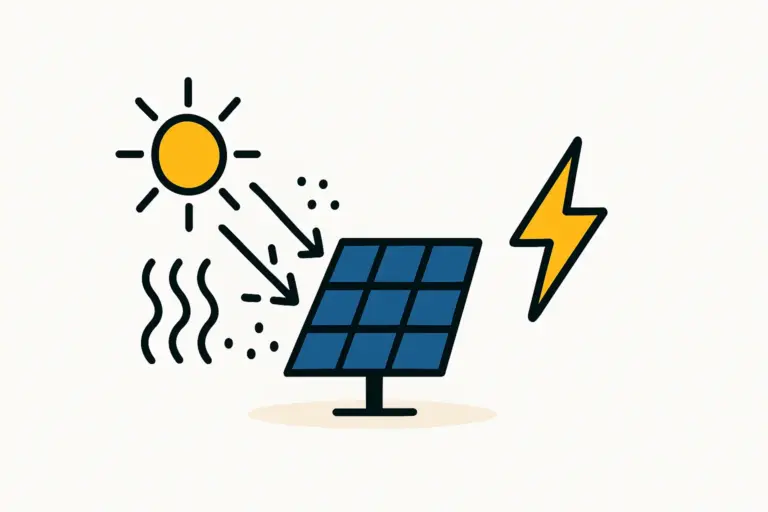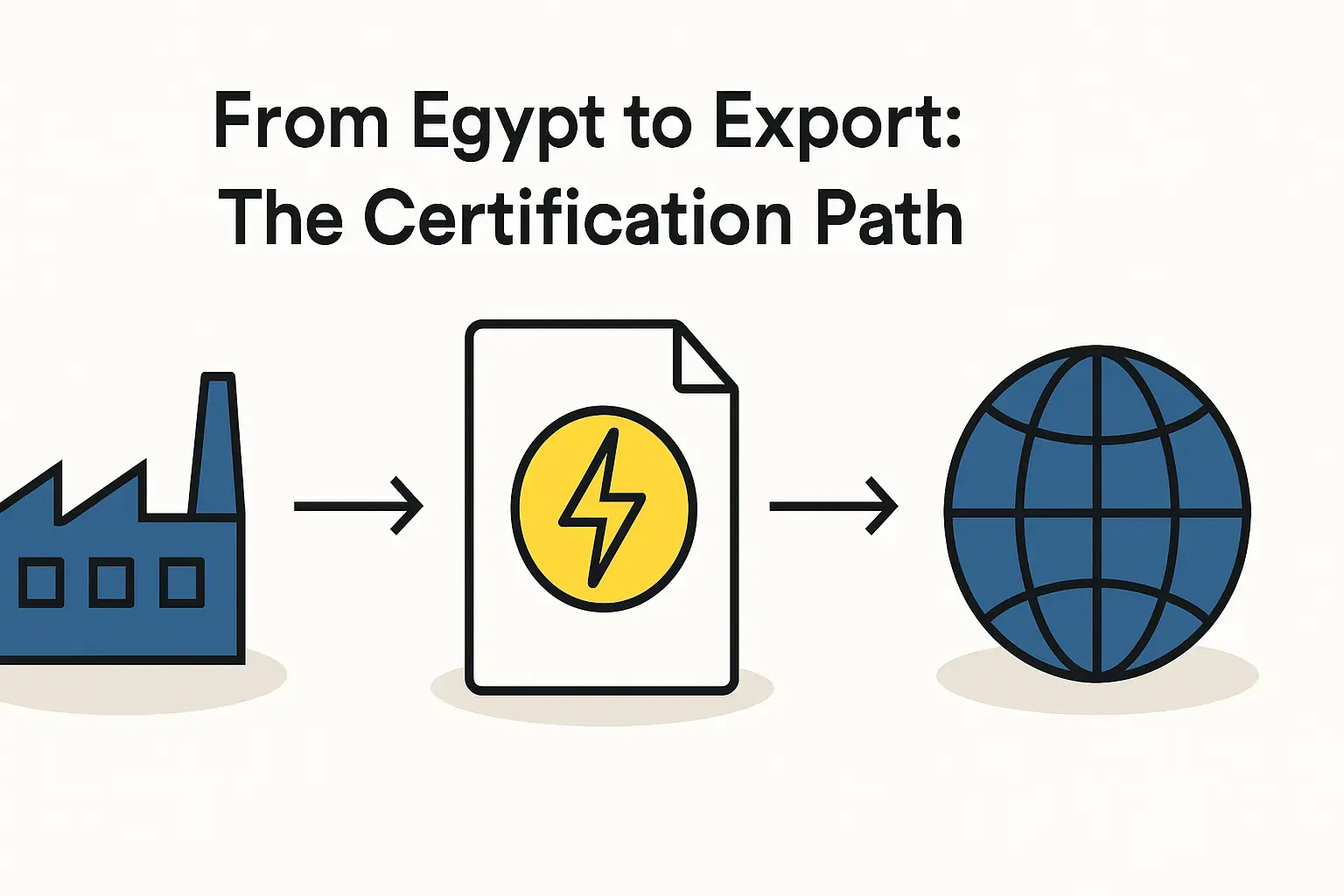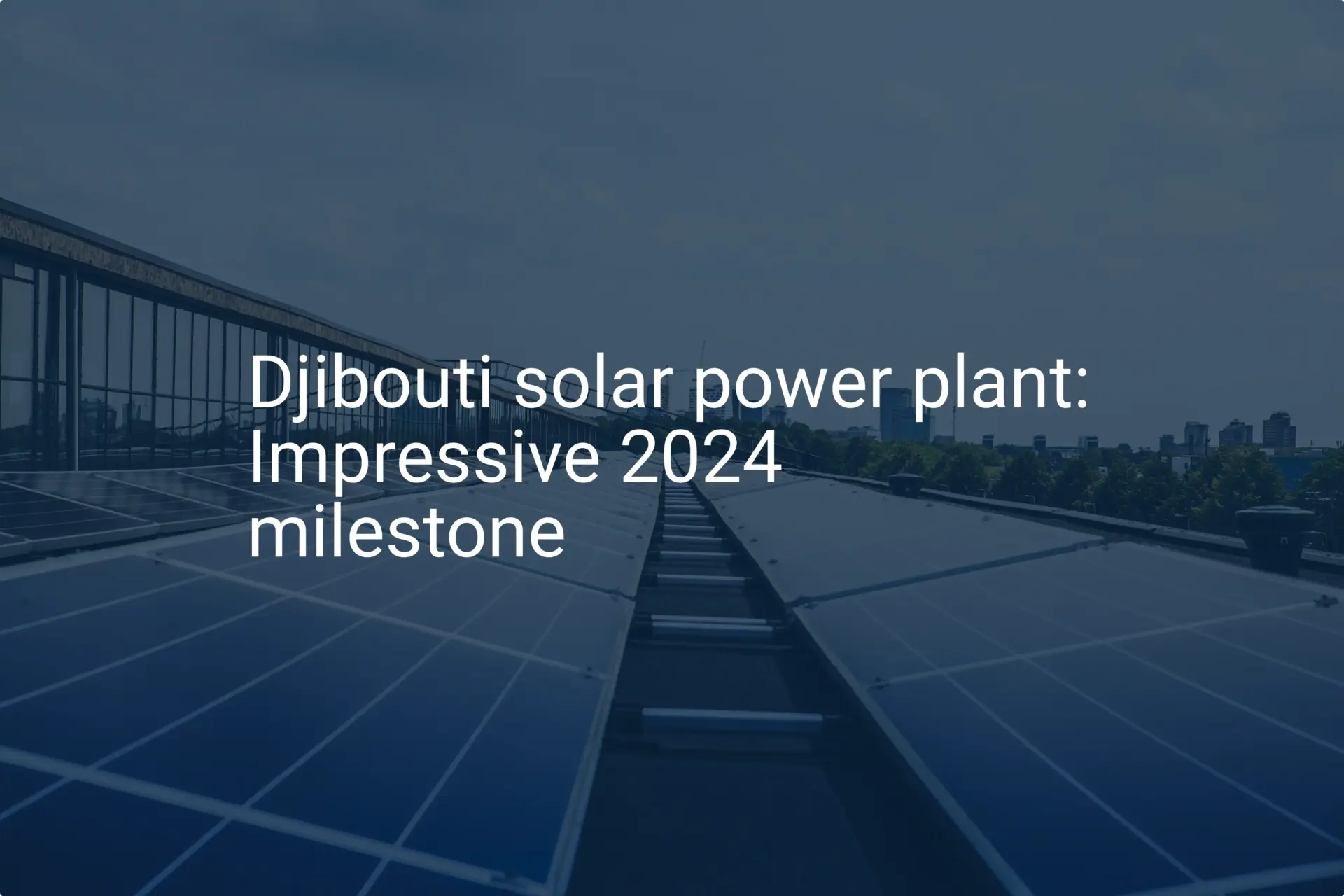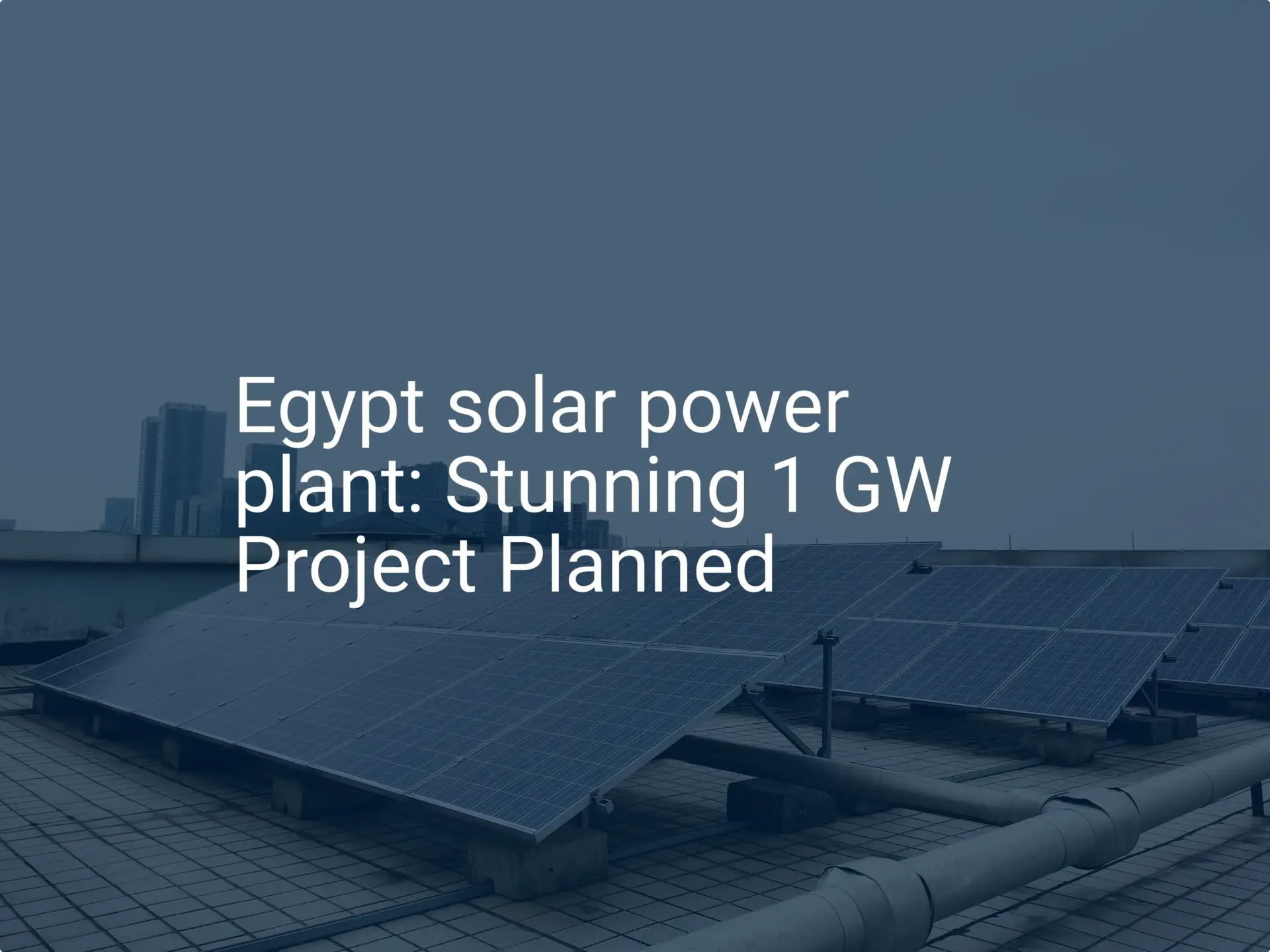An entrepreneur exploring Egypt’s rapidly expanding solar market often focuses on securing investment, sourcing machinery, and developing a business plan. However, a critical step often overlooked until the later stages is securing approval from the New and Renewable Energy Authority (NREA).
This approval is far from a mere formality. It is the official gateway to participating in the country’s large-scale solar projects and establishing a reputation for quality and reliability.
For any investor aiming to establish a solar module manufacturing facility in Egypt, understanding this process is essential. This guide outlines the role of the NREA, the necessary steps for certification, and common challenges to anticipate, offering a clear roadmap for navigating this vital regulatory landscape.
Understanding the NREA’s Role: More Than a Regulator
The NREA is the governmental body responsible for promoting and developing renewable energy projects in Egypt. Its mandate extends beyond simple regulation; the authority actively works to ensure that renewable energy components integrated into the national grid meet stringent international standards for quality, safety, and long-term performance.
For a new solar module manufacturer, the NREA essentially acts as a gatekeeper of quality. Its pre-qualification and certification process verifies that a factory has the technical capability, production processes, and quality control systems in place to produce solar modules reliable enough for utility-scale deployment and long-term government-backed initiatives. Achieving NREA certification signals to the market that a manufacturer’s products are trusted for national infrastructure projects.
The Core Components of an NREA Application
The NREA’s evaluation is comprehensive, requiring a detailed submission package that fully outlines the proposed manufacturing operation. While specific requirements can be updated, the foundational documents typically include:
Administrative and Legal Documentation
Before assessing technical capabilities, the NREA verifies the business’s legal standing. This includes:
- Company Registration Documents: Proof of legal incorporation in Egypt.
- Tax Card and Commercial Register: Standard documents demonstrating the company is in good standing with national authorities.
- Previous Experience: While not always mandatory for new entrants, any prior experience in manufacturing or related industries should be documented to build confidence.
Technical and Operational Dossier
This is the most critical part of the application, where the factory’s capabilities are scrutinized. Key elements include:
- Detailed Module Specifications: Full technical datasheets for every type of solar module the factory intends to produce.
- Production Line Information: A complete list and description of the required machines for solar panel manufacturing, demonstrating the facility is equipped with the right technology. Submitting a well-defined turnkey solar module production line plan can significantly streamline this part of the application.
- Quality Control and Testing Plan: A robust document detailing every quality check, from incoming raw materials to final module inspection before shipping.
- List of In-House Testing Equipment: Evidence that the factory has the necessary tools (e.g., sun simulator, EL tester, hi-pot tester) to perform critical quality checks on-site.
A comprehensive and well-structured solar module manufacturing business plan will often contain much of the information needed for this technical dossier, making the application process more efficient.
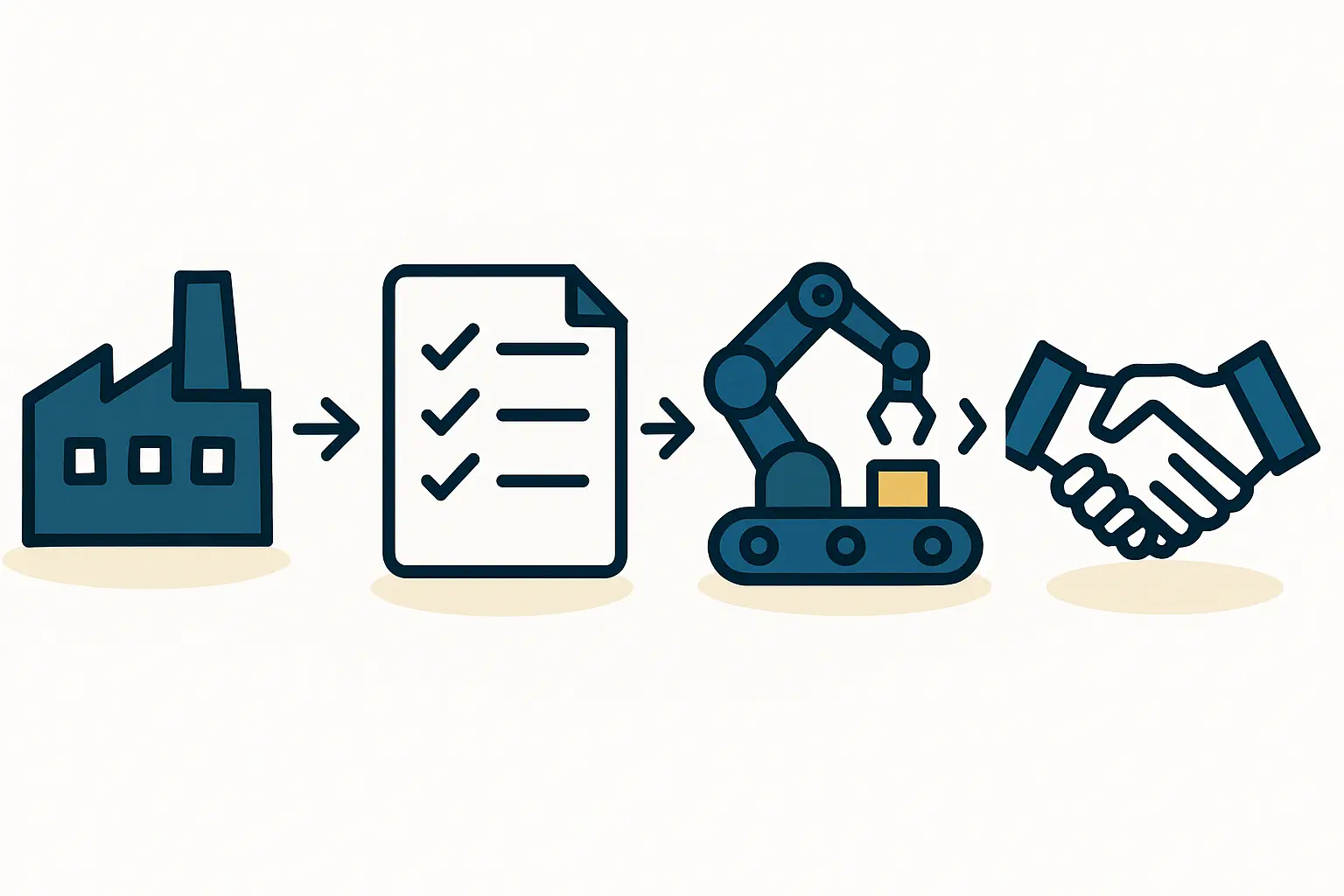
The NREA Certification Process: A Step-by-Step Walkthrough
The NREA approval process involves several distinct stages, each with its own focus. Investors should anticipate a timeline of several months from initial submission to final certification.
Step 1: Initial Application and Document Review
The process begins with the formal submission of the complete application package. NREA officials thoroughly review all documentation to ensure it is complete and meets their preliminary criteria. Incomplete or poorly prepared documents are a common cause of initial delays.
Step 2: The Factory Audit
Once the documentation is approved, NREA representatives will schedule an on-site audit of the manufacturing facility. The purpose of this visit is to verify that the machinery listed in the application is physically present and operational, observe the production process, interview key personnel, and confirm that the documented quality control plan is being implemented effectively.
Step 3: Sample Collection and Independent Testing
During or after the audit, the NREA will select a random sample of finished solar modules directly from the production line. These samples are then sent to an independent, certified laboratory for testing. The modules are evaluated against key international standards, primarily IEC 61215 (performance) and IEC 61730 (safety). Passing these tests is non-negotiable.
Step 4: Final Approval and Pre-Qualification Listing
If the factory audit is successful and the module samples pass all required tests, the NREA will issue a formal certification. The company is then added to the official list of pre-qualified suppliers, making it eligible to bid on and supply modules for government tenders and large-scale private projects in Egypt.

Why Quality Control is Central to NREA Approval
Many entrepreneurs new to the solar industry underestimate the NREA’s focus on the quality control (QC) plan. A simple declaration of intent is not enough; the authority requires a detailed, documented system that is actively practiced on the factory floor.
A strong QC plan must outline the specific tests, standards, and procedures at each stage:
- Incoming Material Inspection: How raw materials like solar cells, glass, and EVA are tested and verified upon arrival.
- In-Process Checks: Regular checks during production, such as post-stringing electroluminescence (EL) testing to detect microcracks in cells.
- Final Product Testing: Every finished module must undergo a final EL test and a ‘flash test’ with a sun simulator to confirm its power output matches its specification sheet.
Based on experience from J.v.G. turnkey projects in the MENA region, investing in high-quality testing equipment and robust QC processes from day one is not only essential for NREA approval—it is the foundation of a sustainable and reputable manufacturing business.
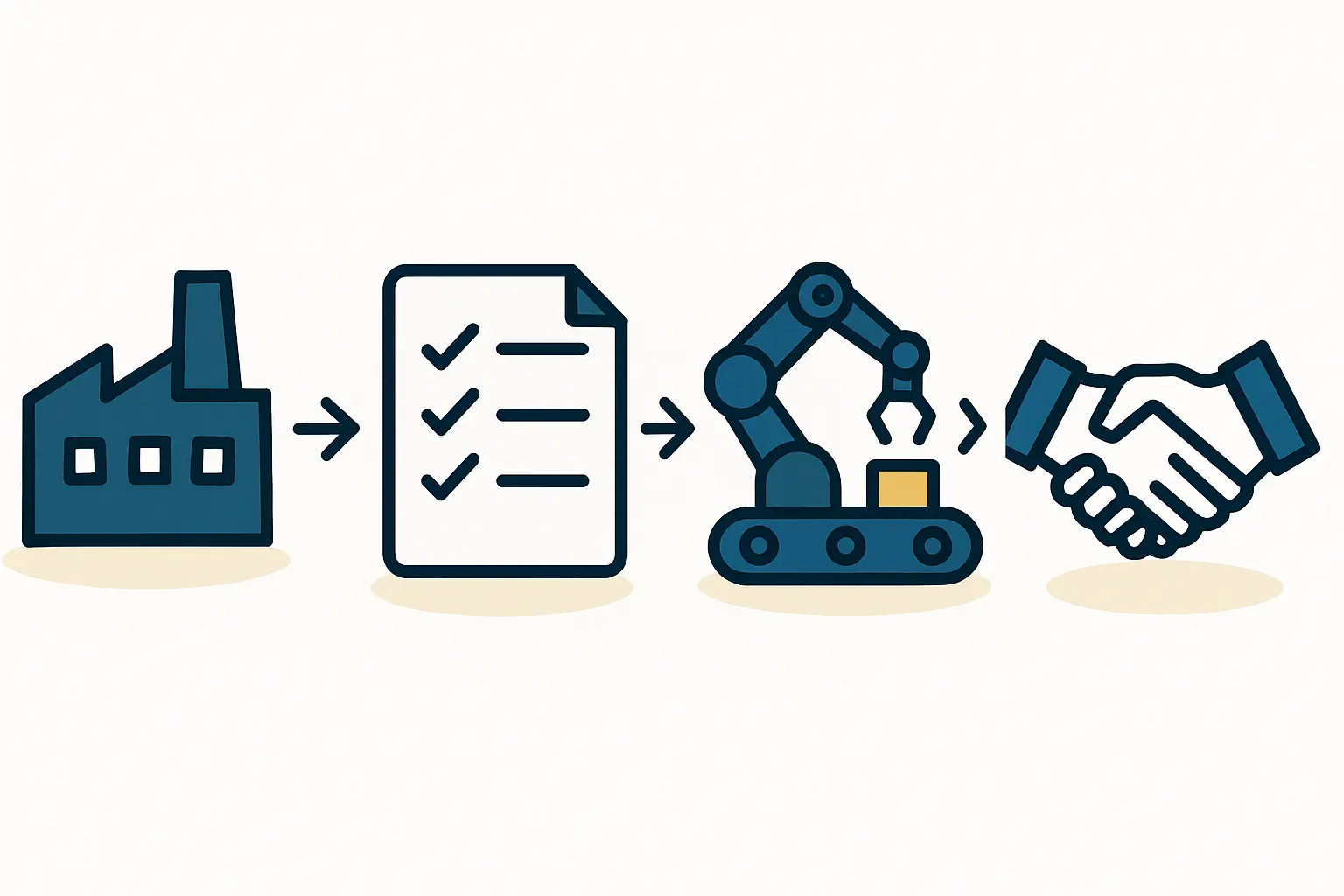
Common Challenges and How to Prepare for Them
Investors often face several predictable hurdles during the NREA certification process. Awareness and preparation are key to avoiding costly delays.
-
Incomplete Documentation: The most common pitfall is submitting an application with missing information or a weak technical dossier. Having an expert review all documents before submission is highly recommended.
-
Failing Sample Tests: A module failing independent IEC testing is a significant setback, often requiring a root cause analysis and adjustments to the production process. This highlights the importance of rigorous in-house testing before the NREA audit.
-
Underestimating Timelines: The entire process, from submission to final approval, can take six months or more. This timeline needs to be factored into the overall business plan.
-
Discrepancies Between the Plan and On-Site Practice: During the audit, NREA inspectors verify that practice on the factory floor matches the written quality plan. Staff must be well-trained and procedures implemented consistently.
Frequently Asked Questions (FAQ)
-
Is prior experience in solar manufacturing required to apply for NREA certification?
While prior experience is beneficial, it is not strictly mandatory. The NREA’s primary focus is on the proposed factory’s technical setup, machinery, and quality control systems. A well-planned project with strong technical partners can succeed without a long track record. -
Does the NREA have a local content requirement?
The NREA encourages the use of local components to support the Egyptian economy. However, for the initial pre-qualification process, there is typically no mandated percentage for local content. The primary focus remains on the quality and certification of the final product. -
What happens if our module samples fail the NREA’s tests?
If samples fail, the NREA will provide a report detailing the reasons. The manufacturer must then identify and correct the issue in their production process or material sourcing. After making corrections, a new set of samples must be submitted for re-testing, which adds time and cost to the project. -
How long is the NREA certification valid?
NREA certifications are typically valid for a specific period, such as two to three years, after which a renewal process, often including a new audit and sample testing, is required.
Conclusion: Planning for Success
Securing certification from Egypt’s New and Renewable Energy Authority is a rigorous but achievable milestone for any serious investor in the country’s solar manufacturing sector. It shouldn’t be viewed as a bureaucratic hurdle, but as a structured process that validates a factory’s commitment to quality.
By understanding the NREA’s expectations, preparing a thorough technical and administrative application, and embedding a robust quality control culture from the very beginning, entrepreneurs can successfully navigate the process. This achievement unlocks access to one of the most promising solar markets in the Middle East and North Africa and sets the foundation for a long-term, profitable enterprise.

